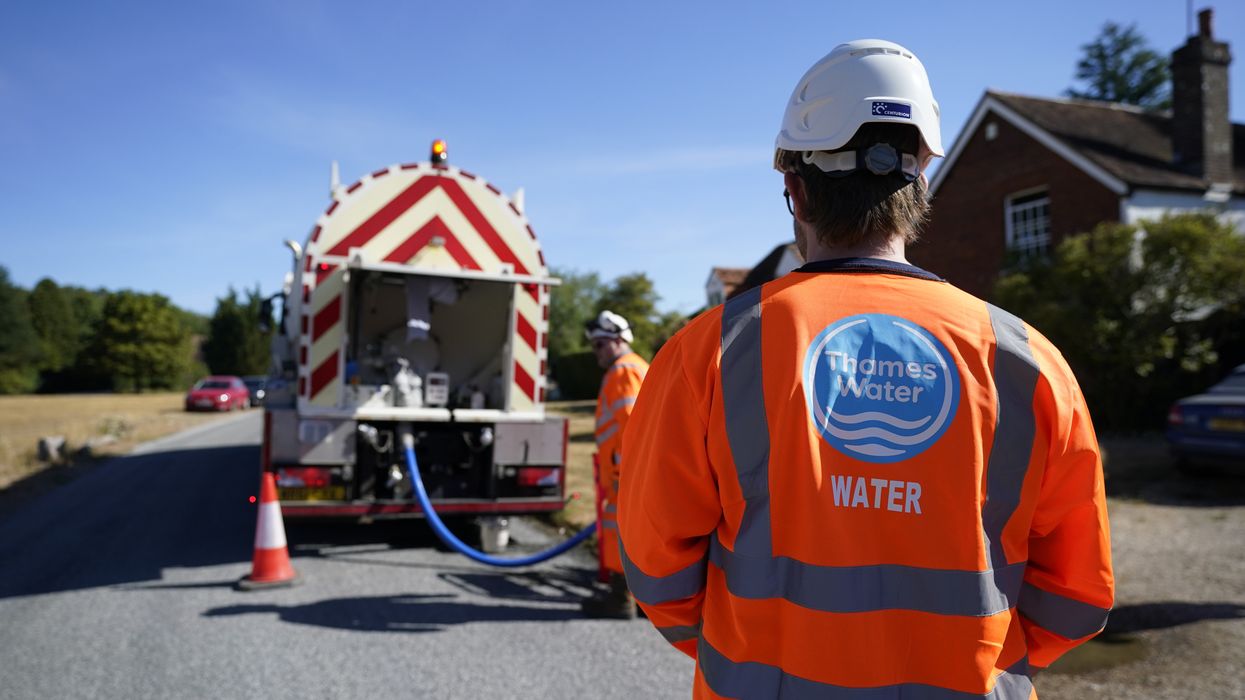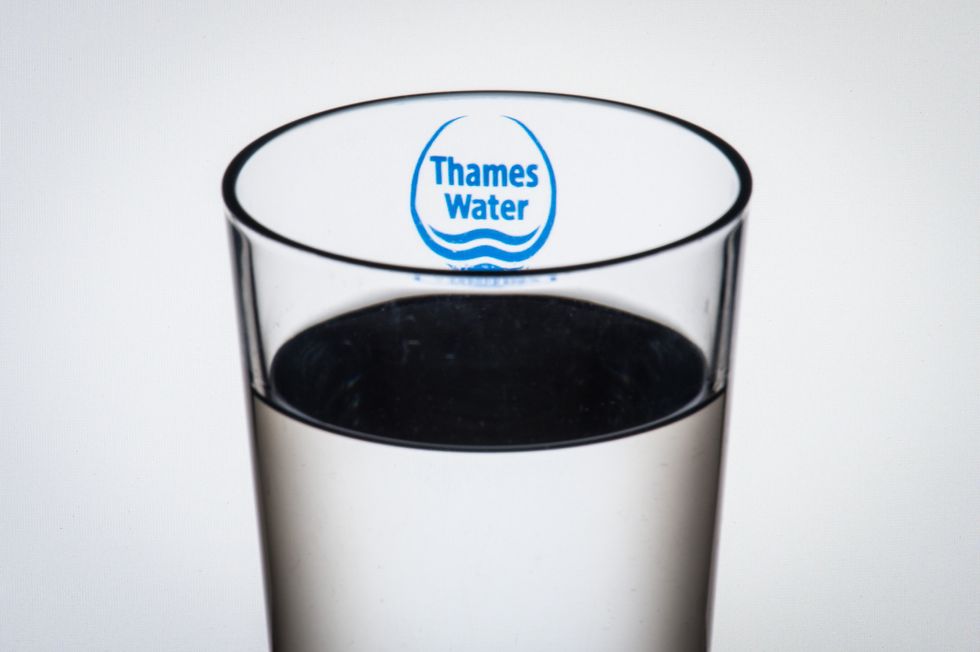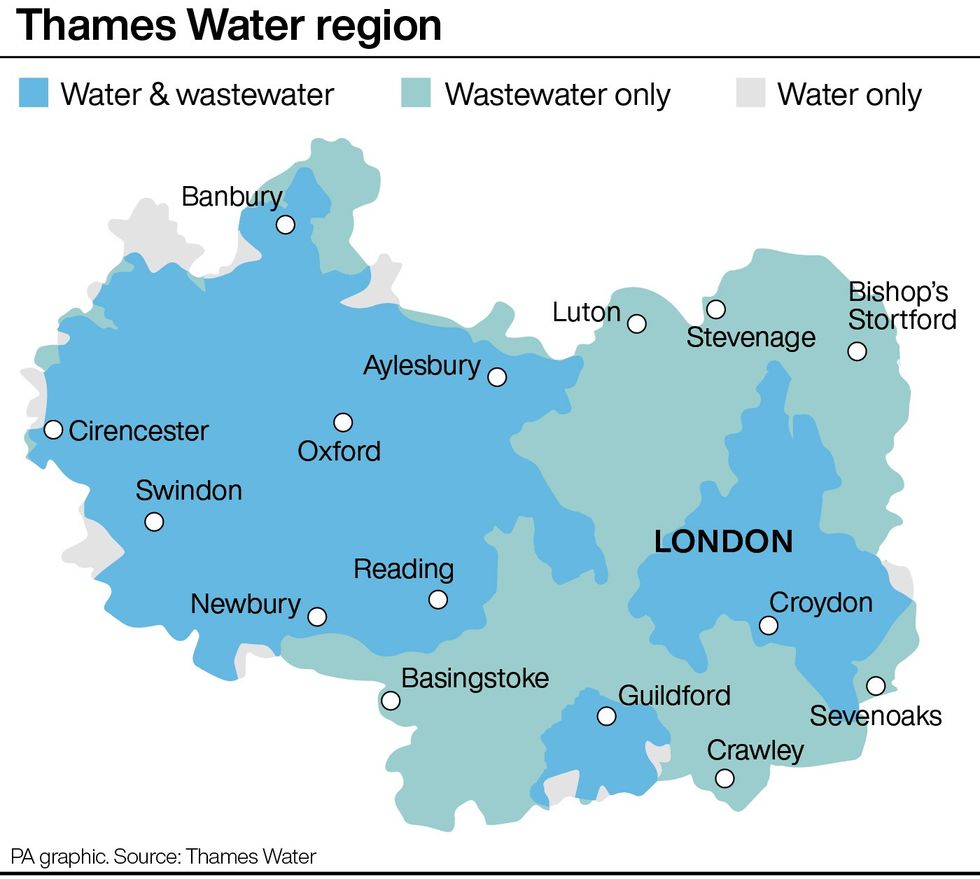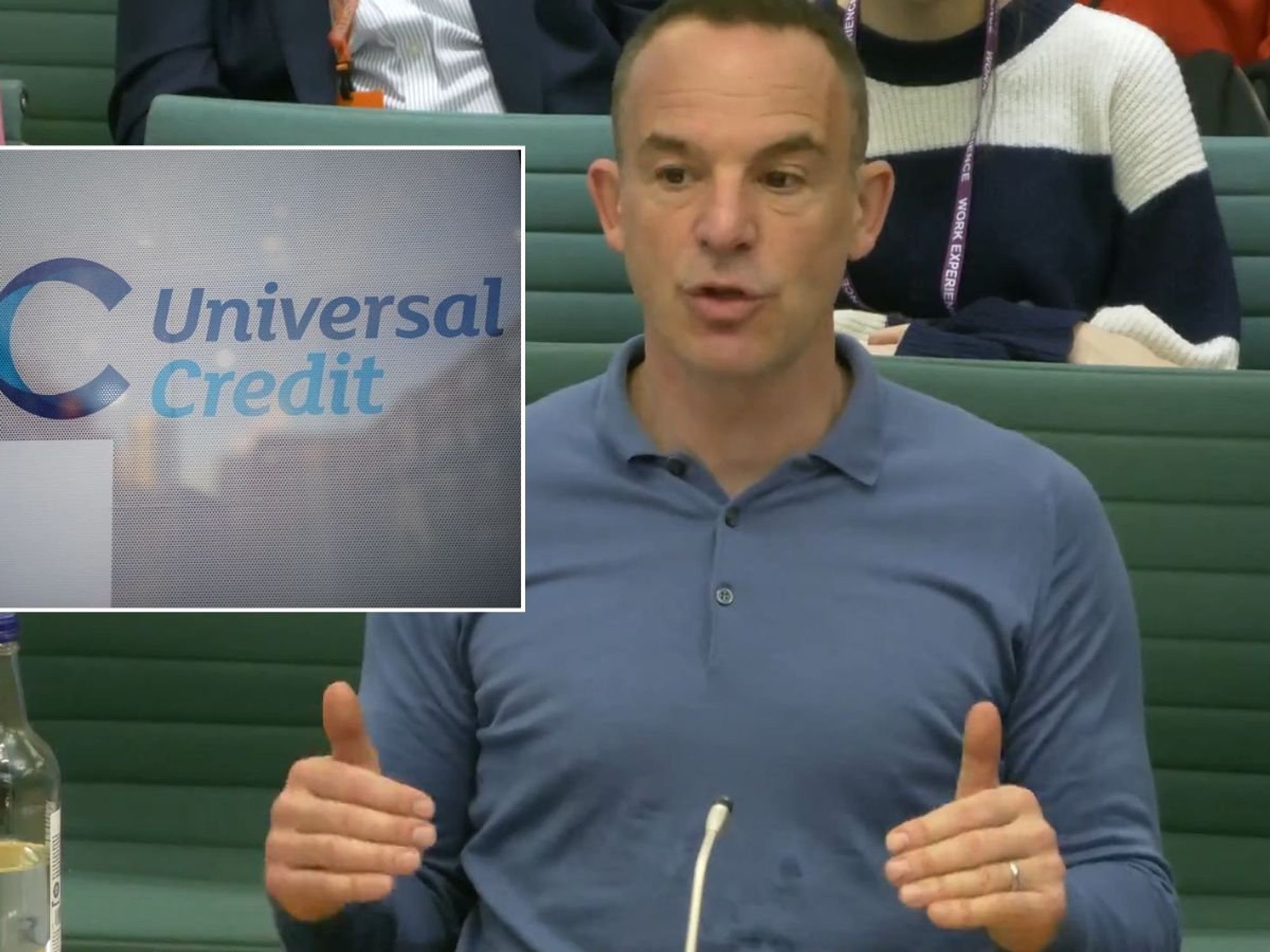‘Nationalising Thames Water will reset the clock but taxpayers will end up with the bill,’ writes Lord Moylan

‘Nationalising Thames Water will reset the clock but taxpayers will end up with the bill,’ writes Lord Moylan
|PA
Thames Water is facing a debt black hole to the tune of billions of pounds
Don't Miss
Most Read
Who pays for water?
People are furious that Thames Water is facing administration after shareholders withdrew reportedly £18billion of cash from the company. £18billion of our money that could have been used to invest in our infrastructure (or lower our bills)! Surely this shows that privatisation was a mistake and the solution is to take the company back into state ownership.
Well actually, while some of that money was no doubt paid out of profits the company had made, most of it wasn’t “our” money at all, but shareholders’ money: money shareholders had put in to acquire their stake, which they were later taking out and replacing with debt. This made the company more risky as a business but didn’t necessarily reduce investment.
Because it is a regional monopoly, Thames Water is regulated by Ofwat. Ofwat has long taken the view that the balance between equity and debt in a regulated company is a matter for shareholders to decide. My view has always been that there is something both morally repellent and commercially dangerous in seeing shareholders reward themselves with such unrestrained relish, even if it is with their own money.

Thames Water
|PA
No doubt Thames Water will end up in Government hands if shareholders refuse to put back enough of their equity to keep the company afloat and able to fulfil the investment mandate given to it by Ofwat. But nationalisation is no easy answer. It’s worth remembering what privatisation was intended to achieve.
Utilities need constant investment, in both maintenance and, given the population has been growing, in expansion. In state ownership in the decades after the Second World War that investment was lacking. Governments always find it difficult to prioritise capital investment, pushed and pulled as they are by simultaneous demands for lower taxes, higher spending on benefits and good causes of the day, and lower borrowing to please investors and economists worried about the national debt. One of the ideas behind privatisation was to ring-fence that investment into a company so that utilities no longer had to compete for investment with other demands on the government. According to the Government, by last year, water companies had invested £190billion since privatisation in 1981.
MORE AGENDA-SETTING OPINION:
Thames Water catchment area
|PA
A second, related, purpose, was to find a new source for that investment. In state ownership, the money for investment usually comes out of our taxes, or more likely, from Government borrowing. Under privatisation, the money would come from private investors, partly by way of equity and partly by way of borrowing. And just as the people who buy Government bonds are entitled to their interest, so the investors and lenders to the water companies would be entitled to their return as well.
Of course, the water companies have as their major source of income the bills that you and I pay them. Because they operate as regional monopolies, the level at which they can set these bills is controlled by Ofwat. But a key determinant of Ofwat’s decision is the investment plan agreed between the regulator and the water company. For some years now, this has focused on investment to prevent leaks. Until recently, water companies weren’t required to report minor spillages of sewage into watercourses, so nobody noticed them much. Now the Government requires all of them to be recorded so they are noticed – and people are wondering why the water companies weren’t investing to prevent them. Part of the reason was that the public was demanding that leaks be fixed. The message is that you can have as much investment as you like in water infrastructure, but most of it will end up on your bill.
Taking Thames Water back into state ownership will reset the clock to where it was in 1989. Capital investment will either come from our taxes or from Government borrowing (which we are trying to reduce). When the Government realises that both of these are inadequate, it will ask the regulator to increase the bills. There is no free lunch, even one that consists solely of water.










